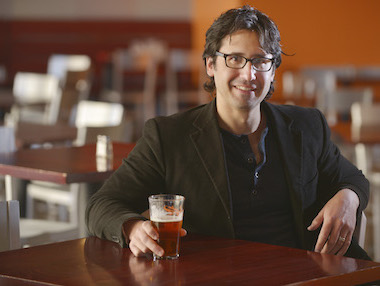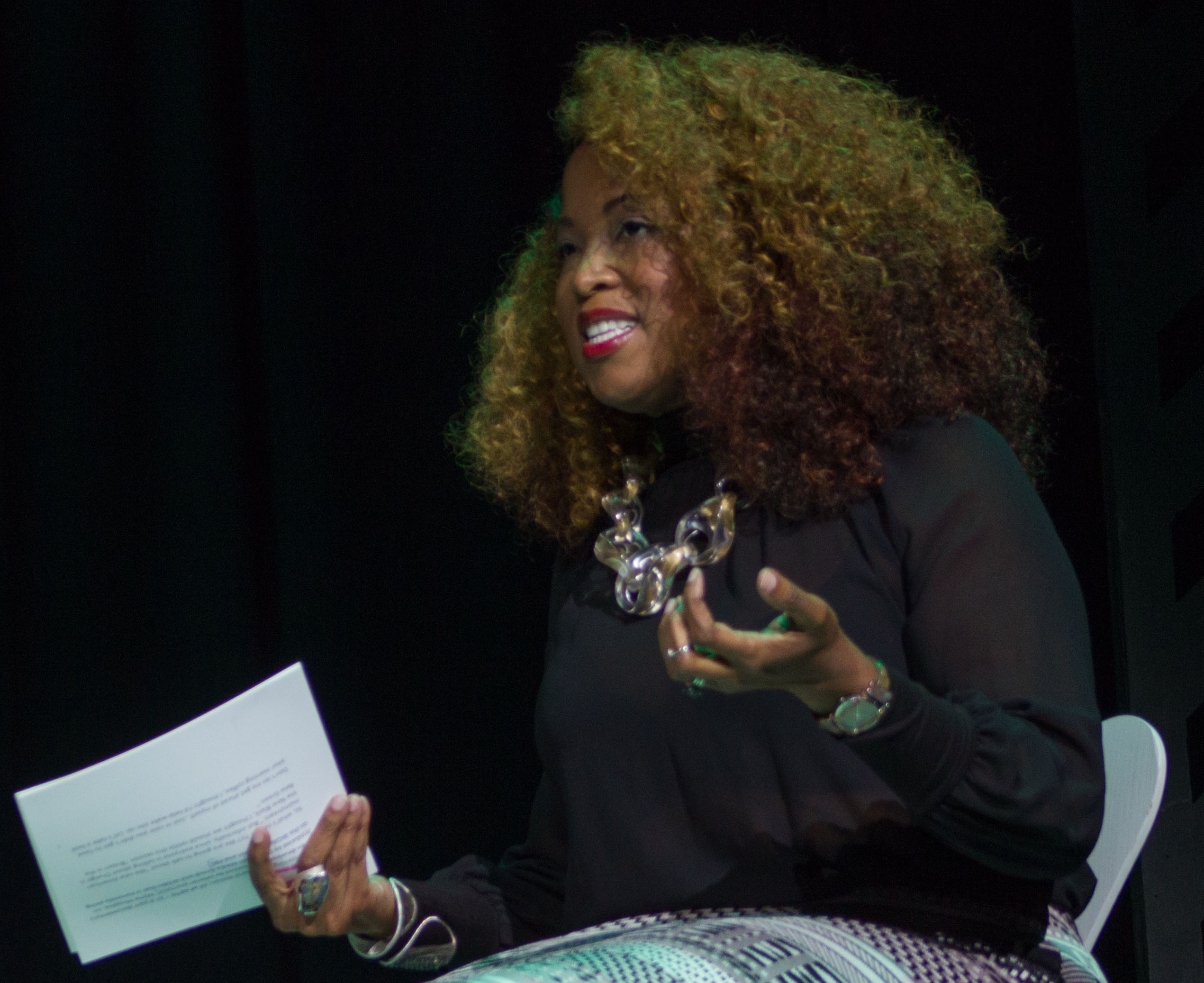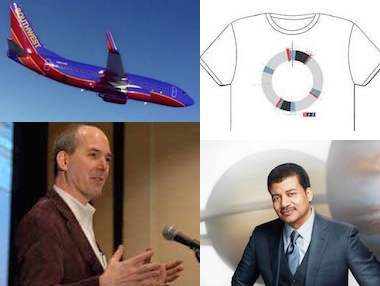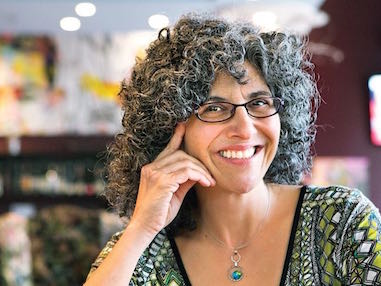Author: Mike Janssen
Mike has held the role of digital editor since 2014. Before becoming editor, he covered public radio and digital initiatives in public media for Current. Mike has also written for a variety of publications as a freelancer, was a Public Media Corps fellow, and has hosted talk and music shows on community radio stations in the Washington, D.C., area. In his spare time, he enjoys spending time with his family, playing banjo, cooking, and making coffee and cocktails.
‘I AM LAKSHMI SINGH’: How an NPR newscaster became a hat and meme
A WNYC producer hopes for the union of Lakshmi Singh and the hat she inspired.By Mike JanssenFebruary 17, 2015The first of our new improved weekly roundups — now with more content
This week: the Congressional Downtown Abbey office, new conferences, digital wisdom and more.By Mike JanssenFebruary 6, 2015Texas’s KEDT builds on alliance with local college
One of the smallest independent public broadcasting operations in the country will move into new facilities this fall under its expanding partnership ...By Mike JanssenJanuary 22, 2015Storify: PBS, indie filmmakers hold first “listening tour” event in San Francisco
Tweets from the Jan. 17 meeting at the San Francisco Public Library.By Mike JanssenJanuary 20, 2015Our new podcast The Pub is open for business
Adam Ragusea hosts our weekly podcast about news and trends in public media, posting every Thursday.By Mike JanssenJanuary 15, 2015Thursday roundup: Dry kegs in New Orleans; Moyers says farewell
Plus: "Jagoffs" on WBEZ, and radio remains popular.By Mike JanssenJanuary 15, 2015PBS taps ‘serious journalist’ to elevate public affairs as v.p. of news
Marie Nelson arrives at PBS a time of transition and challenges.By Mike JanssenJanuary 14, 2015The most noteworthy pubmedia news of 2014
We asked our reporters to reflect on a year's worth of trends, events and change in public media. Here's what stuck with ...By Mike JanssenDecember 19, 2014Julie Drizin named executive director of Current
The longtime public media producer and journalist joins Current Jan. 20.By Mike JanssenDecember 19, 2014Monday roundup: Minn. station settles over tower collapse; a good news director is hard to ...
Plus: Jacobs talks radio trends, and Wolf Hall keeps the codpieces small.By Mike JanssenDecember 15, 2014Friday roundup: Frontline tries out virtual reality; Gerdeman talks development trends
Plus: MoJo's nonprofit mojo, and Judy Woodruff's biscuits.By Mike JanssenDecember 12, 2014Independent Lens films take home honors, Midwest pubcasters receive Emmys, and more awards in public media
INTERNATIONAL DOCUMENTARY ASSOCIATION Independent Lens took home four wins from the 30th annual IDA Documentary Awards. The public TV documentary series won the award for ...By Mike JanssenDecember 11, 2014Wednesday roundup: Independent Lens announces next season; Carvin launches Reported.ly
Plus: Collaborations in pubmedia, and a poet's Pacifica show.By Mike JanssenDecember 10, 2014Thursday roundup: Expansions for NJTV, PBS SoCal; Melody Kramer on Serial
Plus: Bill Keller keeps cool.By Mike JanssenDecember 4, 2014Wednesday roundup: Lessons from Radiotopia’s Kickstarter; Scharpling readies his podcast
Plus: A producer needs her mic back, and Splendid Table gets pranked.By Mike JanssenDecember 3, 2014







